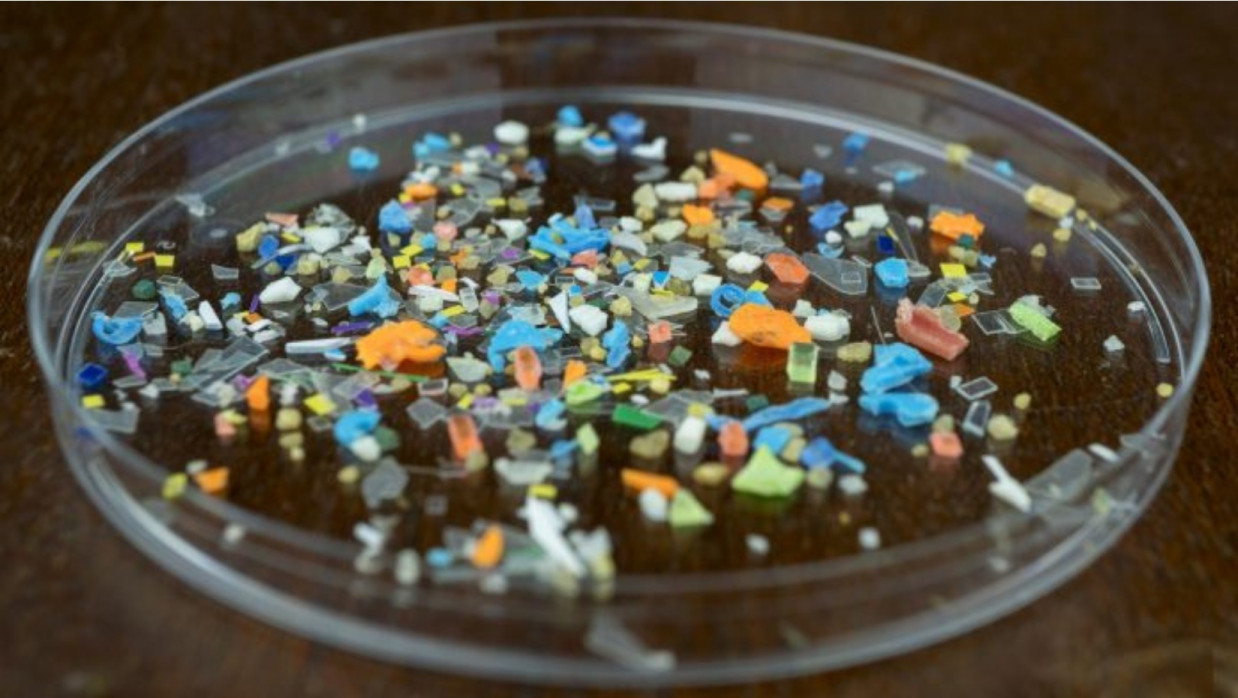Microplastics Linked to Increased Stroke Risk, Study Warns

The world is grappling with a plastic pollution crisis, and microplastics are infiltrating human blood, brains, breast milk, and now arteries. A new study presented at the American Heart Association’s conference in Baltimore has raised alarms about a potential link between microplastics and stroke risk. Researchers found higher levels of plastic particles in the neck arteries of individuals with strokes or ministrokes compared to those with healthy arteries.
Scientists noted that fatty plaque buildup in the carotid arteries, a key risk factor for strokes, was associated with elevated microplastic concentrations. Those who had experienced strokes, ministrokes, or temporary vision loss due to retinal blood flow issues showed up to 50 times higher plastic particle levels. Ross Clark, a scientist from the University of New Mexico, explained that plastics break down over time, mixing with soil and water, and entering the food chain through everyday sources like food and beverages, beyond just plastic containers or packaging.
While no direct connection was found between microplastics and sudden inflammation, Clark emphasized that their biological impact is complex and subtle. Karen L. Furie, a vascular neurologist at Brown University, called the findings “striking,” noting that microplastics have not previously been considered a stroke risk factor. “This research opens new questions about how our environment impacts health,” she added.
Source: The Independent















